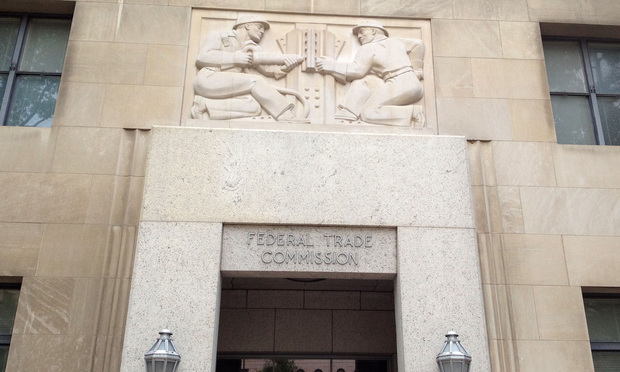On May 11, 2016, President Barack Obama signed into law the Defend Trade Secrets Act (DTSA) for the purpose of protecting American businesses from economic espionage. The law is notable for, among other things, providing easier access to federal courts as well as the possibility of double damages, attorney fees and the right to ex parte seizure of misappropriated information.
Since its enactment, federal courts across the United States have agreed that the language in the DTSA—”on or after the date of the enactment of this act (May 11, 2016)”—limits recovery for parties wronged. However, limiting recovery means something different depending on the conduct complained of under the DTSA.
This content has been archived. It is available through our partners, LexisNexis® and Bloomberg Law.
To view this content, please continue to their sites.
Not a Lexis Subscriber?
Subscribe Now
Not a Bloomberg Law Subscriber?
Subscribe Now
LexisNexis® and Bloomberg Law are third party online distributors of the broad collection of current and archived versions of ALM's legal news publications. LexisNexis® and Bloomberg Law customers are able to access and use ALM's content, including content from the National Law Journal, The American Lawyer, Legaltech News, The New York Law Journal, and Corporate Counsel, as well as other sources of legal information.
For questions call 1-877-256-2472 or contact us at [email protected]



